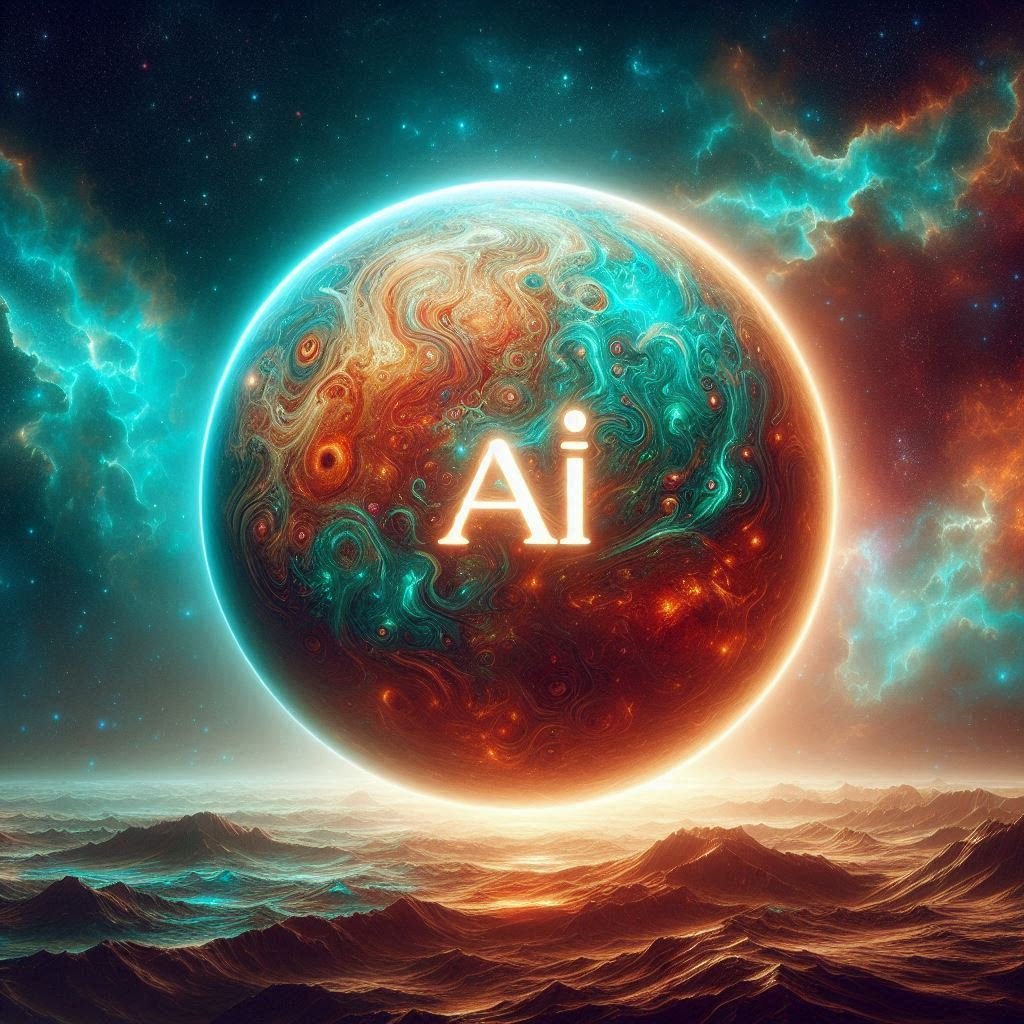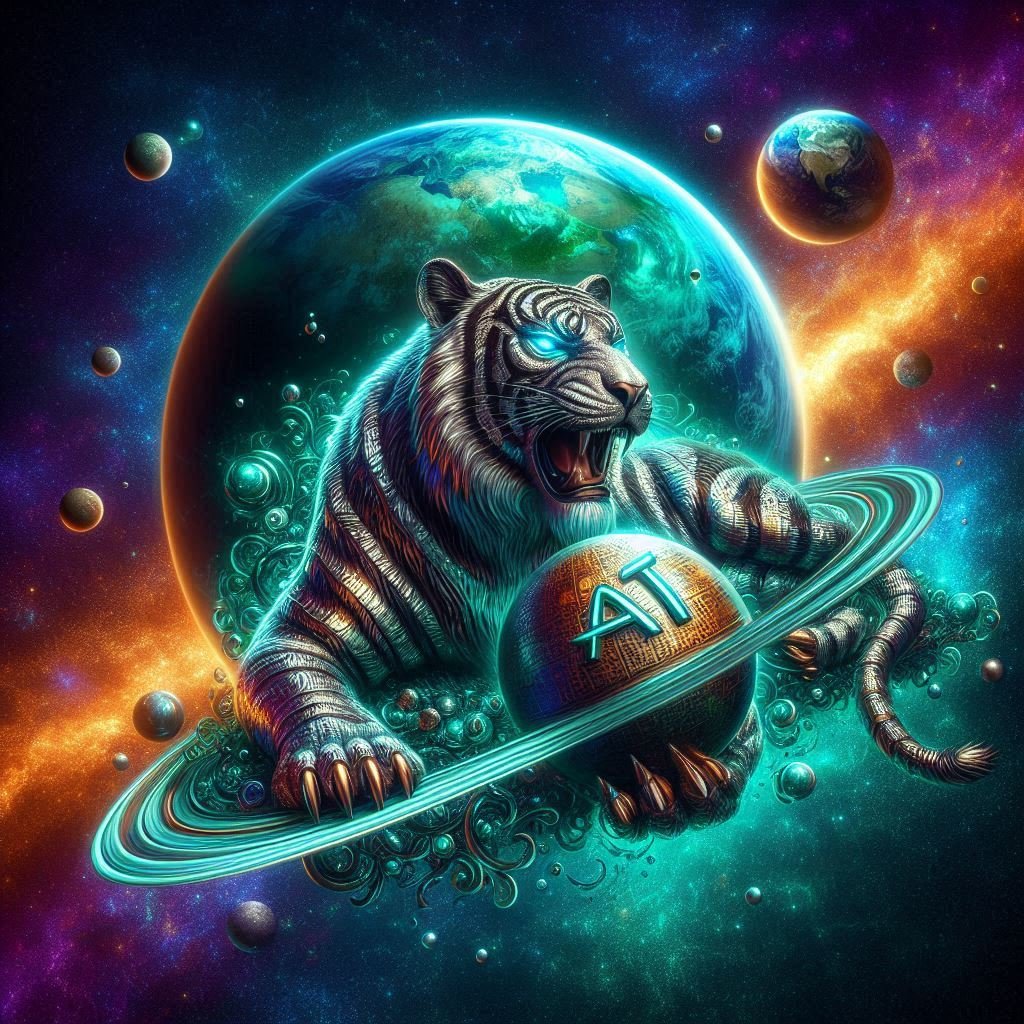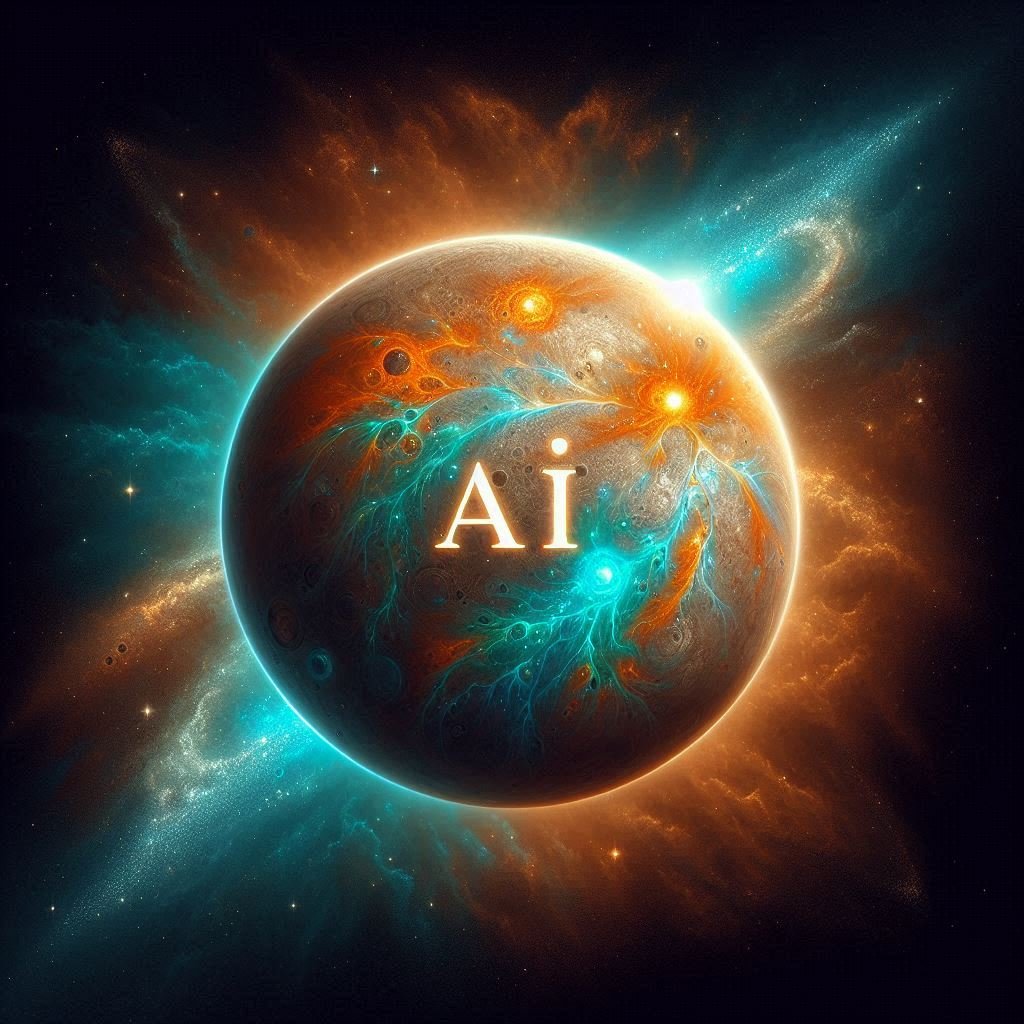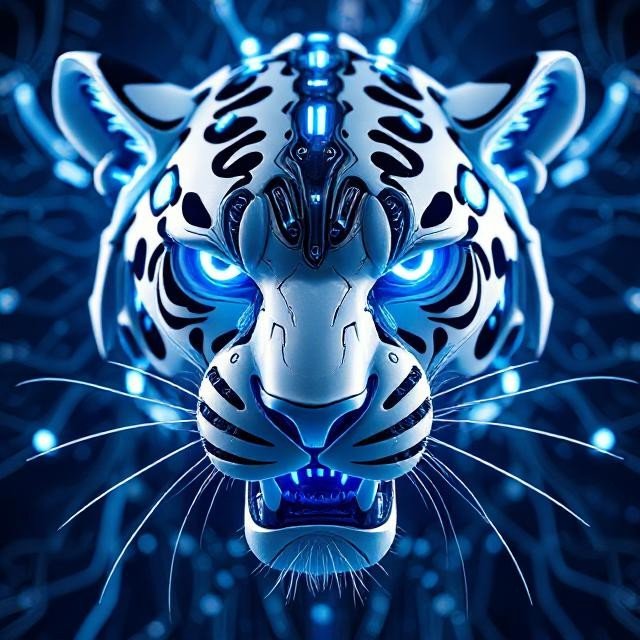How Is AI Altering the Gaming World?
Discover how AI is altering the gaming world by enhancing gameplay, improving NPC interactions, revolutionizing game development, and creating personalized gaming experiences.
Introduction
Artificial intelligence (AI) is altering the gaming world in ways that were once unimaginable. From enhancing gameplay mechanics to revolutionizing non-playable character (NPC) behavior, AI is transforming how players interact with digital environments. The integration of AI in gaming is not just about improving graphics or automation; it’s about creating deeply immersive experiences that adapt to individual player preferences. As AI continues to evolve, its role in game development, in-game decision-making, and dynamic storytelling will only expand. In this article, we explore how AI is altering the gaming world and what the future holds for AI-driven gaming innovations.
AI in Game Development
Game development has undergone a massive shift thanks to AI-driven tools. Developers are now using AI to generate high-quality textures, automate bug testing, and even create procedural content such as landscapes and missions. AI is altering the gaming world by significantly reducing the time and resources needed to develop complex gaming environments. Additionally, AI-powered game engines can assist developers in creating more realistic physics simulations and character animations, making games feel more lifelike than ever before.

Procedural Content Generation
One of the most significant ways AI is altering the gaming world is through procedural content generation. AI algorithms can automatically generate entire game worlds, reducing the manual labor required from developers. Games like No Man’s Sky use AI-driven algorithms to create billions of unique planets, each with distinct ecosystems, weather patterns, and wildlife.
AI-Enhanced Game Testing
AI is also altering the gaming world by streamlining the testing process. AI-driven testing tools can detect bugs, optimize game performance, and simulate thousands of gameplay scenarios in a fraction of the time it would take human testers. This has led to faster game releases with fewer glitches, ensuring a smoother player experience.
AI-Driven NPC Behavior
Non-playable characters (NPCs) have come a long way from their scripted and predictable behaviors. AI is altering the gaming world by making NPCs smarter, more reactive, and even capable of learning from player interactions. Modern AI-driven NPCs can adapt their responses based on previous encounters, creating a more engaging and realistic gaming experience.
Adaptive NPC Interactions
AI-powered NPCs can now hold meaningful conversations, develop strategies, and even remember player choices. This level of realism is evident in games like The Elder Scrolls V: Skyrim and Red Dead Redemption 2, where NPCs react dynamically to player actions.
AI in Enemy AI Systems
AI is altering the gaming world by making enemy AI more intelligent. Instead of following preset attack patterns, AI-powered enemies analyze player movements, adapt their tactics, and provide a greater challenge. Games like The Last of Us Part II use AI to create enemies that coordinate, flank, and respond intelligently to player actions.
AI and Personalized Gaming Experiences
AI is also altering the gaming world by providing personalized experiences tailored to individual players. By analyzing player behavior, AI can modify game difficulty, recommend in-game purchases, and even adjust storylines to better suit the player’s choices.

AI in Game Difficulty Adjustment
Instead of static difficulty settings, AI can dynamically adjust game difficulty based on a player’s skill level. This ensures that beginners can enjoy the game without frustration while seasoned players still face a challenge. Resident Evil 4 and Left 4 Dead use AI-driven difficulty scaling to enhance gameplay.
AI in Storytelling
AI is altering the gaming world by making narratives more interactive. AI-driven storytelling systems can generate dynamic narratives where player choices truly impact the storyline. This creates a unique experience for every player, ensuring no two playthroughs are the same.
AI-Powered Graphics and Animation
Graphics and animation have seen dramatic improvements due to AI. AI-driven rendering techniques enhance visual quality while reducing hardware demands. AI is altering the gaming world by allowing developers to create hyper-realistic characters, environments, and lighting effects.
AI-Enhanced Rendering
Deep learning-based AI models can upscale textures, generate realistic reflections, and improve lighting effects in real time. Nvidia’s DLSS (Deep Learning Super Sampling) technology is an example of how AI is altering the gaming world by improving graphics performance without compromising quality.
AI in Motion Capture
AI-powered animation tools have revolutionized motion capture technology. Developers no longer need expensive motion capture suits; AI algorithms can analyze video footage and translate it into lifelike character animations.
AI and Cloud Gaming
Cloud gaming is another area where AI is altering the gaming world. AI optimizes server performance, reduces latency, and enhances streaming quality, making high-end gaming accessible to more players worldwide.
AI in Game Streaming
AI-driven cloud gaming platforms like Google Stadia and NVIDIA GeForce Now use machine learning to optimize game streaming, ensuring smoother gameplay even on lower-end devices. AI is altering the gaming world by making high-quality gaming more accessible to players who lack powerful hardware.
The Future of AI in Gaming
The future of gaming is being shaped by AI innovations. As AI technology advances, we can expect even more intelligent NPCs, lifelike virtual worlds, and deeper levels of immersion. AI is altering the gaming world by pushing the boundaries of what’s possible in interactive entertainment.
AI and Virtual Reality (VR)
AI-driven VR experiences will become more responsive and adaptive, making virtual worlds feel more natural and immersive. AI-powered avatars, real-time emotion detection, and dynamic world-building will further enhance VR gaming.
AI-Generated Games
Future AI may be capable of designing entire games from scratch, tailoring them to individual player preferences. AI is altering the gaming world by paving the way for fully AI-generated game experiences, where every aspect of the game is dynamically created in real time.

Conclusion
AI is altering the gaming world by enhancing game development, improving NPC interactions, personalizing player experiences, and revolutionizing graphics and cloud gaming. The gaming industry is undergoing a major transformation thanks to AI, and as technology continues to evolve, the possibilities are endless. Whether through smarter AI-driven opponents, adaptive storytelling, or realistic graphics, AI is shaping the future of gaming in ways that promise to make digital worlds more immersive and engaging than ever before.
What's your reaction?
Jori Angelo
Hi, my name is Jouri. I'm a web designer, currently studying software engineering for my bachelor's degree. You might be wondering: What's a computer science major doing in artificial intelligence? I started studying computer science because it's practical and because I'm good at it. But if I had the chance, I'd choose writing as a career. I build worlds and describe names simply because they sound pretty. That's why I'm here.


